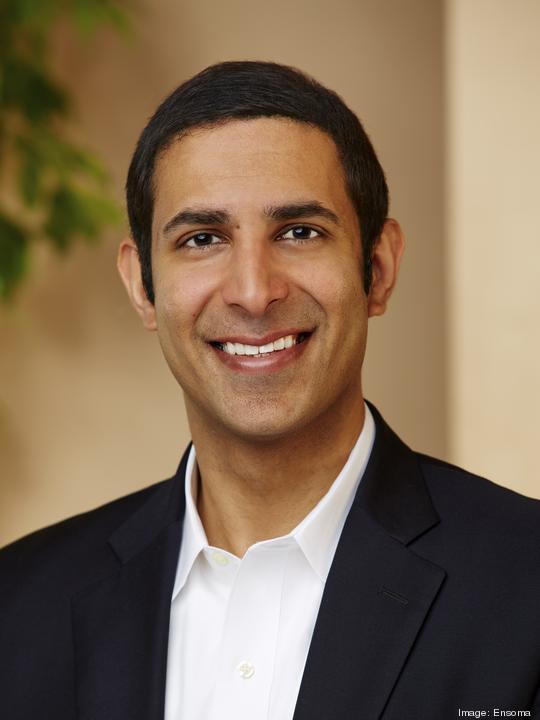
For years, one thing has occupied the brains of Kush Parmar and Hans-Peter Kiem: how to make gene therapy, specifically gene editing using stem cells, accessible to people beyond just a select group of patients.
Parmar, managing director at 5AM Ventures, spent many a weekend talking with Kiem, a renowned researcher at the Fred Hutchinson Cancer Research Center. The two were preoccupied with the potential to create "off-the-shelf" gene therapies, ones that didn't require treatments to be so tailored to the individual and wouldn't necessitate weeks of recovery in the hospital afterward.
Kiem was working on such technology. Parmar was eager to commercialize it.
"Given that you are such a leader and this field and you are developing this technology," Parmar recalls telling Kiem, "when you feel you have the right technology to translate this to patients around the world, give me a call."
About a year and a half ago, Parmar says, that call came. Kiem and his collaborator André Lieber of the University of Washington School of Medicine had developed a new vector platform they called "Engenious." Rather than collecting stem cells from a patient to create an individualized treatment, the two had created a way to deliver treatments in a single injection, making genomic therapies an outpatient procedure. The vectors are designed to package and deliver genome editing treatments like CRISPR/Cas9, genomic integration approaches and gene expression regulators directly to hematopoietic stem cells, as well as derivative cells including T cells, B cells and myeloid cells.
Now, this technology underpins a new Boston startup called Ensoma. The firm launched publicly on Thursday with $70 million in Series A funding led by 5AM Ventures, with participation from F-Prime Capital, Takeda Ventures, Viking Global Investors, Cormorant Capital, RIT Capital Partners, Alexandria Venture Investments and Symbiosis II.
Parmar heads up the company as founding CEO; Kiem and Lieber are scientific co-founders. Paula Soteropoulos, formerly the CEO and founder of Akcea Therapeutics, is Ensoma's executive chairman.
"The difference with this is the fact that it's in vivo, as opposed to bone marrow transplant," Soteropoulos said. "We can do all the things with the promise of ex vivo cell therapy but with that injection."
Ensoma is entering the market with a running start. In conjunction with the launch, Ensoma announced a strategic collaboration with pharmaceutical giant Takeda. Under the agreement, Takeda will pay $100 million in upfront and preclinical research payments. The collaboration is worth up to $1.25 billion altogether.
The startup, which is based in Boston, currently employs 20 people and plans to hire in Boston with some of the Series A funding, although it does not have a target headcount.
Ensoma has no set timeline on when it expects to enter clinical trials. Much of its preclinical research in the coming years will focus on determining which targets are the right ones to home in on, Soteropoulos said. But once Ensoma's pipeline is more robustly developed, Soteropoulos is excited about the company's potential to bring genomic medicine to a wide variety of patients, including those who can't access specialized health centers due to geography or cost.
"I've been in the industry about 30 years and have been fortunate to bring forward transformative medicines, especially rare disease and gene therapy. To be able to do something to impact patients around the world who don't have these innovations is exciting," she said. "[We're creating] equity, globally, to access these medicines."



